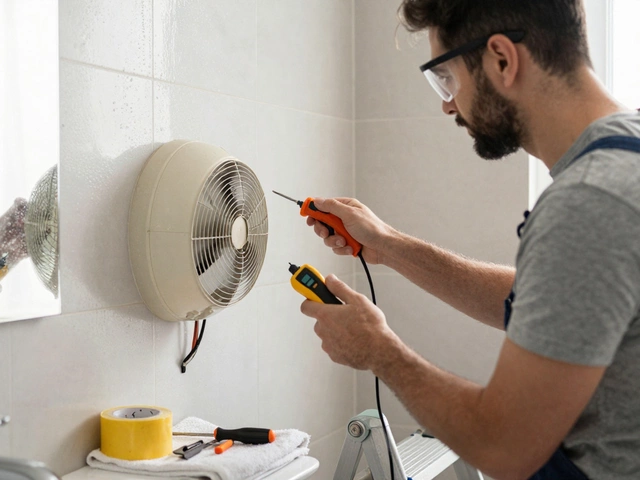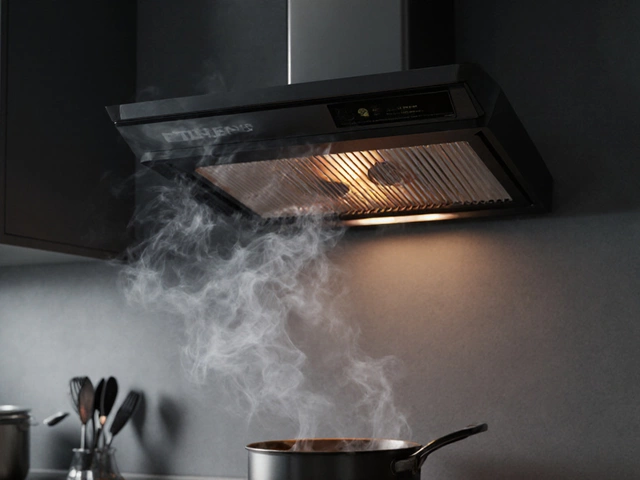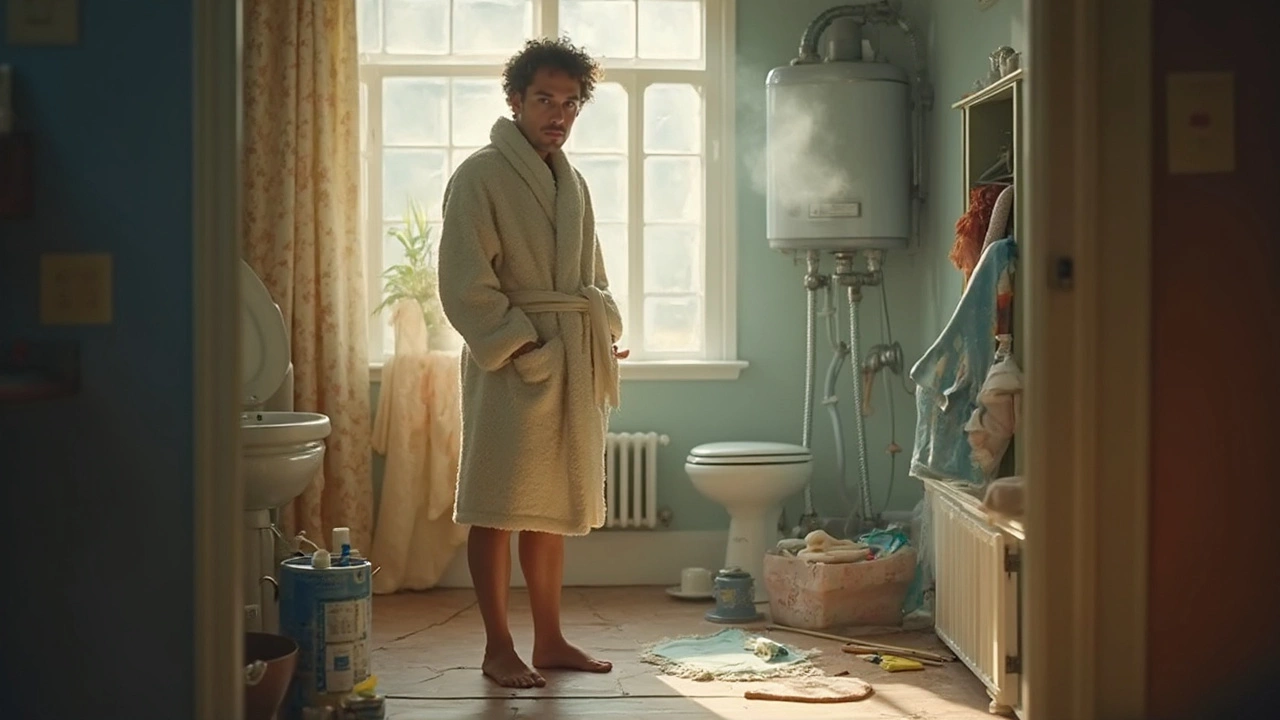Hot Water Heater Help: Keeping Your Hot Water Flowing
If you’ve ever stepped into a cold shower because the hot water stopped, you know how annoying a faulty heater can be. The good news is most problems are easy to spot and fix before they turn into costly emergencies. Below you’ll find the basics of caring for your hot water system, the most common glitches, and clear signals that it’s time to call a qualified technician.
Quick Maintenance that Saves Money
Just like a car, a water heater benefits from regular check‑ups. A simple flush once a year removes mineral build‑up that can choke the tank and lower efficiency. To do it, turn off the power or gas, attach a garden hose to the drain valve, and let the water run until it’s clear. While the tank is empty, wipe the anode rod (the metal stick that prevents rust) and replace it if it looks heavily corroded.
Inspect the pressure‑relief valve every six months. Lift the lever briefly; water should sputter out and then stop. If it leaks continuously, replace it right away – a leaking valve can cause a burst tank.
Common Hot Water Issues and DIY Fixes
No Hot Water at All – First check the power source. For electric units, make sure the circuit breaker hasn’t tripped. For gas heaters, confirm the pilot light is lit; if it’s out, follow the manufacturer’s relighting steps or call a pro if you’re unsure.
Water is Lukewarm – A thermostat set too low is the usual culprit. Adjust it a few degrees higher and see if the water warms up. If the temperature still hovers around 50 °C, the heating element may be failing. Swapping a heating element is a straightforward DIY job for most electric models, but remember to turn off the electricity first.
Strange Noises – Banging or popping sounds often mean sediment is building up at the bottom of the tank. That’s another sign you need to flush the system. Ignoring the noise can lead to premature wear and eventual tank rupture.
Leaks – Small drips around the valve or pipe connections are usually simple to tighten. A leak from the tank itself, however, signals corrosion and usually means replacement is the safest option.
When to Call a Professional
If you’ve tried the basics and the heater still won’t produce hot water, or if you spot a leak from the tank, it’s time to bring in a certified technician. Gas‑powered units especially require a licensed professional for any gas‑line work. Also, if the water heater is older than 10‑12 years, the cost of a major repair may outweigh buying a new, more efficient model.
Professional services can also provide a full safety check, ensuring that ventilation, gas pressure, and electrical connections meet UK regulations. A qualified repair will give you peace of mind and help avoid future breakdowns.
Bottom line: regular flushing, a quick thermostat tweak, and a visual inspection can keep most hot water heaters humming along. Keep an eye on age and wear, and don’t hesitate to call a specialist when the issue feels beyond a simple fix. Your next hot shower will thank you!








